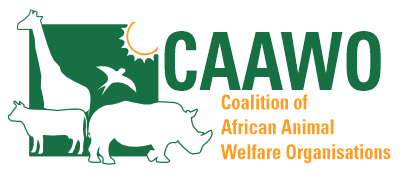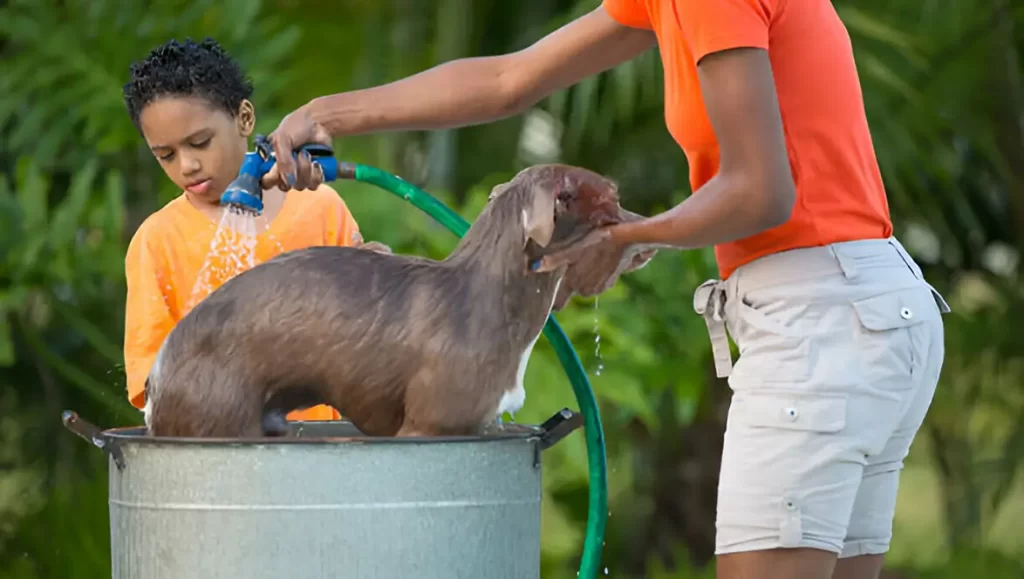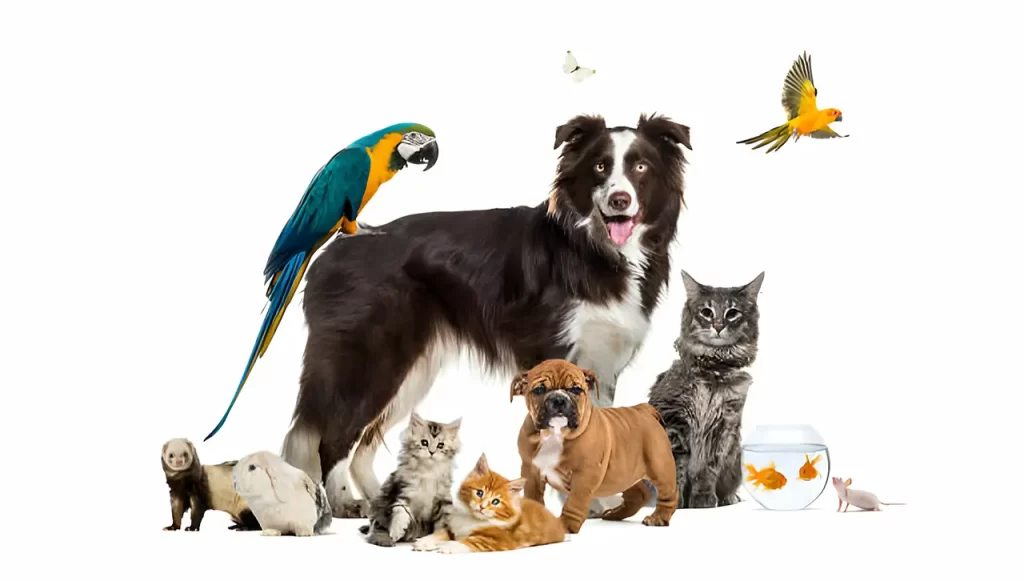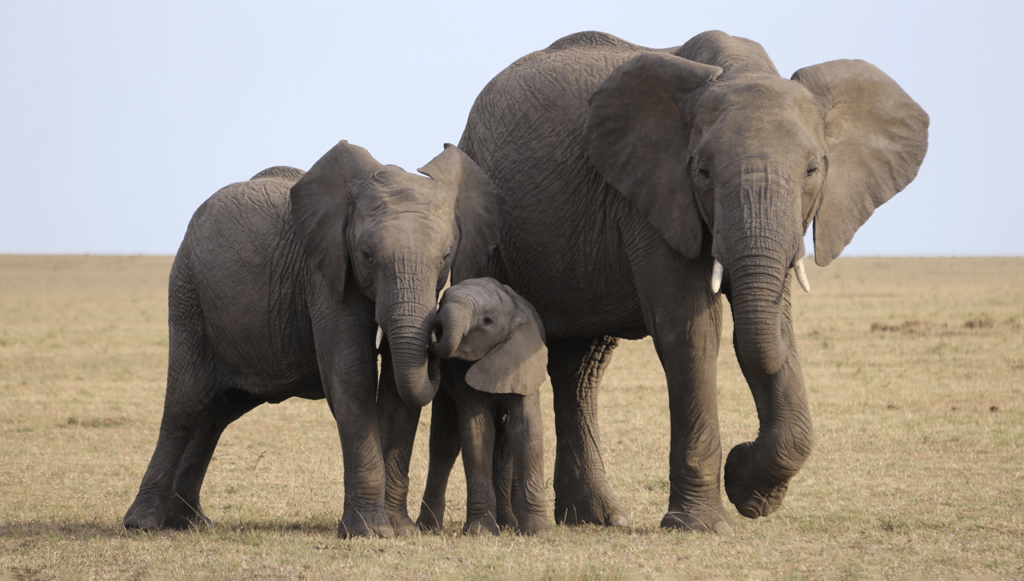Introduction:
Today, on World Environment Day, the Coalition of African Animal Welfare Organisations (CAAWO) urges everyone to celebrate Africa’s incredible biodiversity and recommit to protecting its magnificent wildlife. From the majestic elephants roaming the savannas to the playful chimpanzees swinging through the rainforests, Africa’s animals are a source of wonder and a vital part of healthy ecosystems.
The Importance of Animal Welfare for a Healthy Environment:
Animal welfare and environmental health are intricately linked. When animals are treated humanely and their populations thrive, ecosystems flourish. Conversely, the decline or extinction of animal species can have a devastating ripple effect, disrupting food chains and causing imbalances in natural habitats.
Sustainable Eating Habits for a Healthier Planet:
Our choices about what we eat can significantly impact the environment and animal welfare. Here are some tips for adopting sustainable eating habits:
- Reduce your overall meat consumption by opting for plant-based meals more often or choosing meat raised humanely and sustainably.
- Support local farmers markets: This reduces your carbon footprint associated with food transportation and encourages ethical farming practices.
- Be mindful of seafood choices: Look for certifications that ensure sustainable fishing practices to protect marine ecosystems.
- Reduce food waste: plan your meals, buy only what you need, and utilise leftovers creatively.
By making these changes, you’ll contribute to a healthier environment and indirectly support the well-being of animals within those ecosystems.
CAAWO’s Commitment to a Sustainable Future:
CAAWO is dedicated to promoting animal welfare across Africa. We work tirelessly to:
- Advocate for stronger animal protection laws.
- Combat wildlife trafficking and poaching.
- Promote responsible wildlife tourism practices.
- Educate communities about the importance of coexisting with wildlife.




